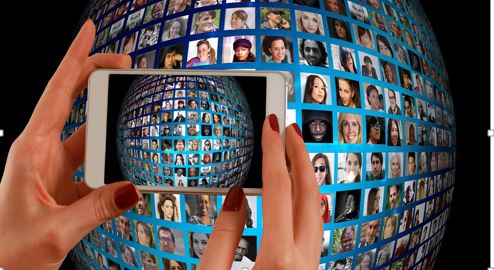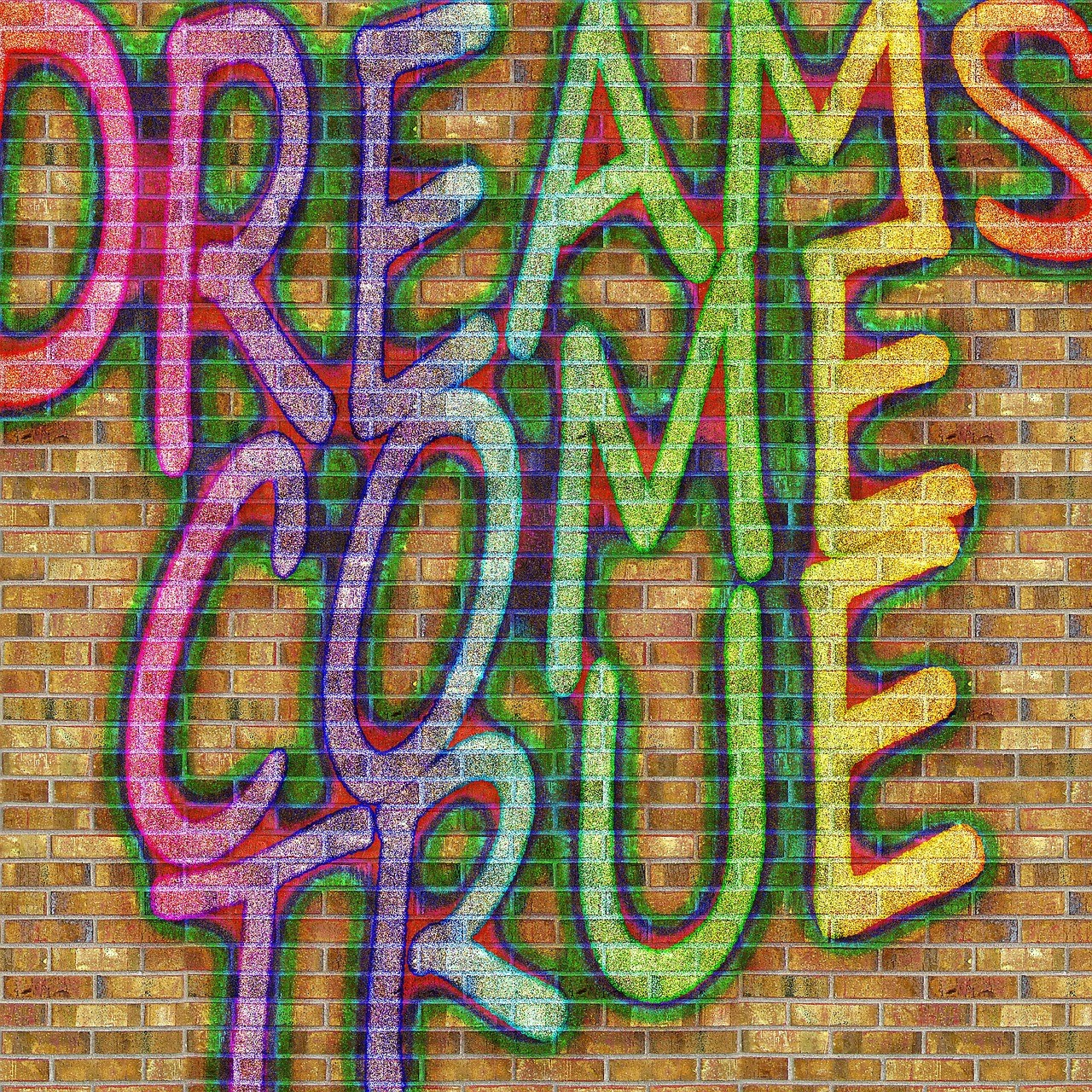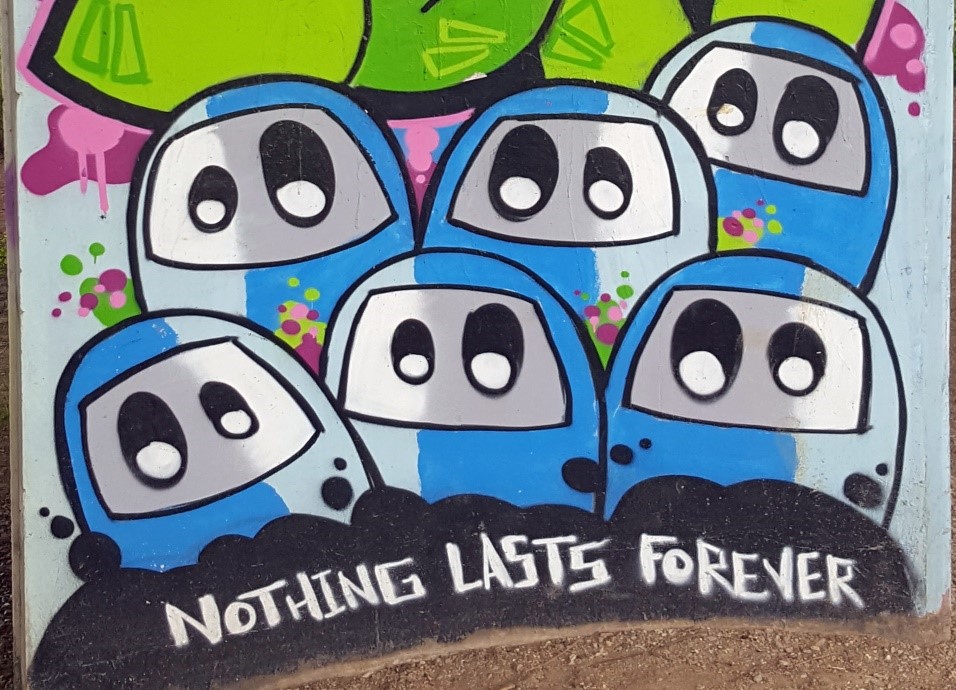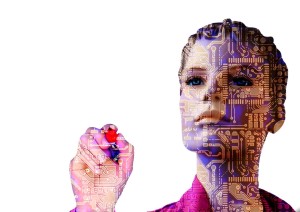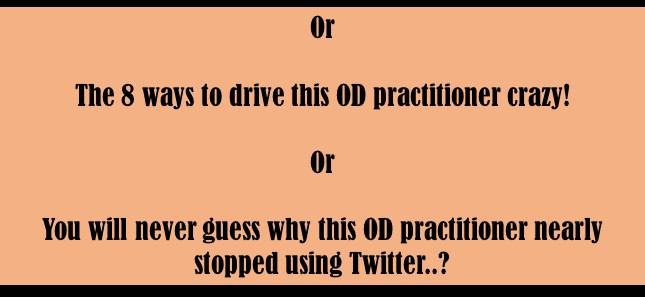Blog Post by Ian Gee.
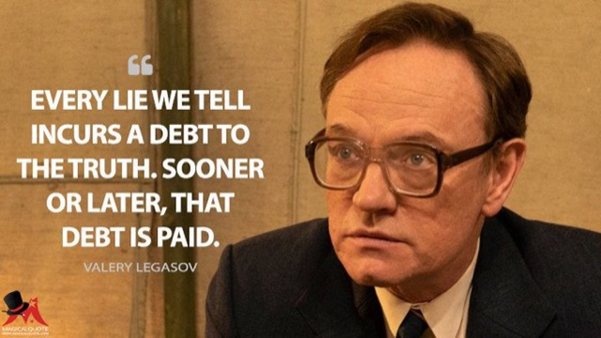
I have been wondering why the UK Government continues to get such high ratings in the polls despite the untruths, half-truths and direct lies they have told and continue to tell. Lies about Brexit and now about COVID-19. On numerous occasions their lying and half-truths have been uncovered by journalists and challenged by the lived experience of citizens. Being found out, would appear to have very little impact on the approval ratings of either the Government or the individual ministers and politicians who have been promoting lies.
Like many, I naively imagined that post the 2016 referendum, once people understood the truth about Brexit, they would change their minds and support the campaign for a second referendum. For me the results of the referendum were a consequence of poor campaigning and a lack of knowledge about how we benefited from our membership of the EU. How wrong was I! Some people did move from being Leavers to ‘Remainers Now’ but if you look at polling during that time, a huge shift did not happen. Even when ‘Vote Leave’ publicly admitted they lied![1] Many of us went on marches, lobbied MPs, talked to people at street stalls, leafletted hundreds if not thousands of houses and in December 2019, we ended up with a Tory 80 seat majority Government with a manifesto commitment to ‘Get Brexit Done’.
The Brexit lies were bad enough, but now we have our Government telling lies about the COVID-19 pandemic. COVID-19 has led to the death of what the Financial Times estimates to be just under 60,000[2] people with the Government saying the figure is around 37,000. COVID-19 is leading to untold suffering with people not able to see their families and friends, attend the funerals of relatives, a tsunami of job losses and ongoing financial hardship. Yet still very few people are calling out the lies and demanding something better. Increasingly Government Ministers are refusing to go on news programmes where they feel their preferred version of the truth may be challenged. When members of the Government do submit to interviews and are confronted with reality, this seems to have had very little impact on the overall favourability ratings of the Government.
Since the Brexit campaign it has become increasingly obvious that ‘facts don’t change feelings.’ A lot of Brexiteers when confronted with the likelihood that their post EU dreams would not match up with the promises made, said and often shouted ‘Project Fear!’ Repeating the lies of ‘Project Leave’ as if they were a gospel truth. Believe enough and it will be true!
Talking and listening to Leavers I was never able to get any clear understanding of the benefits they felt they would get by our leaving the EU. How their lives would be made better, easier or more complete. What I got were abstract concepts like ‘sovereignty’ and ‘taking back control’. Not one leaver could ever answer my questions about what more sovereignty would give them. All I got were vague and sometimes explicit racists statements about too many foreigners taking our jobs and using ‘our’ NHS. More Sovereignty they said would cure this.
A lack of truth telling is also a characteristic of the Governments response to the COVID-19 pandemic. The Daily Mirror published a list of lies the Government have told[3]. These include:
- Matt Hancock promised 100,000 tests a day by the end of April. When the 30th (April) arrived, the Health Secretary simply mailed out an extra 40,000 to meet his figure.
- Communities Secretary Robert Jenrick boasted of 400,000 surgical gowns from Turkey. They did not arrive next day as promised. When they did, they were useless
- Mr Johnson pledged “to fix the crisis in social care once and for all”. Had he been telling the truth; care homes would not be in the desperate state they are now
- At first, they appeared to show Covid-19 deaths on a similar trajectory as those in Italy, France and Spain. Only pressure to include victims outside hospitals revealed the true gruesome picture
Many more lies have come to light since the Daily Mirror compiled this list[4]. There has been very little public outcry about the ongoing obfuscation of the truth. Even when caught out in a lie, no Minster, politician or special advisor has resigned or even said sorry. People seem to accept and expect lies and I can only think they would rather deal in lies than face the truth. In late April there was a post doing the rounds on social media saying that the highlighting of lies and half-truths during the current crisis was unpatriotic, talking the country down, and not helpful[5]. In other words, we should simply allow the Government to get on with what they are doing, with no scrutiny or holding to account. We just need to trust and if this needs to be blind trust then so be it. It is almost as if people are immune to lying and unconcerned about what is fast becoming a national delusion. My question is why and what is sustaining this?
Now it is time for a few definitions of the terms I will by using as I move this forward:
Societies Dominant group – a supposed group of people who have the majority power in society along with privilege and social status. They are not necessarily the majority group but a group given special status
Narcissism – full blown narcissism is a personality disorder. In the context of this piece of writing I am using the term to explore traits that to one degree or another we all share. When our narcissistic self kicks in, we tend to have an exaggerated sense of our own self-importance, become arrogant, manipulative and demanding with a strong sense of entitlement to special treatment and consideration. We also lack empathy and have no real sense of the ‘other’
Othering – objectification and stigmatizing of another person or group in negative way. By ‘othering’ we add to our own positive sense of self, because we are not ‘them’
Empathy – Our ability to understand and feel what another person is experiencing from within their frame of reference. Our ability to put ourselves in the shoes of other people
My initial thoughts about why lies are really important is that there is something going on in terms of individual and group unconscious identification with the perceived dominant group in society. Somehow the Brexit Vote Leave campaign enabled many people to think, at an unconscious level, that by leaving the EU they would no longer be the ‘other’ in society. The cost of this was that you had to be unquestioning in your belief about what Vote Leave said and do what they asked you to do. In this way you had the opportunity to give up your status as ‘other’ and become part of ‘them’, with all the benefits that accrue to such status. The ‘other’ in this context refers to the white working class who for many years have felt left behind and ignored by the political elite. I do not feel I have the data or lived experience talk directly about BAME groups in this context. The area I live in is very white and mono-cultural. What I do know is that BAME people report that they are continually ‘othered’ by society.
At the same time narcissism has had a part to play. Leading to an empathy deficit evidenced by increasing expressions of ‘exceptionalism’ and ‘specialness’. The dream being that somehow Brexit would reboot the UK back to a perceived golden past and those currently left out would be part of this. These ideas were further stimulated when I found an article by Ethan Gray on Medium called ‘The Narcissistic Face of White Supremacy,[6] This helped to move my thinking forward.
If you think of it in this way and recognise the power of these unconscious drivers, then you can see how attractive this must be to people who feel left behind. It also becomes obvious how difficult, if not impossible, it would be for them to articulate personal, practical and positive benefits of our leaving the EU. The connection between the dream and reality is tenuous at best. At an unconscious level they know this. However, if your life is difficult and you face numerous challenges in terms of income, poor working conditions, lack of choices and aspiration and someone holds out the possibility of a golden dawn, where you will be a cherished part of society, then why would you not go for it? It feels much better than continuing to be the ‘other’ in society, with limited life choices. No matter how unrealistic this might be.
Now let’s look a bit more at narcissism. Shifting from being ‘other’ through the possibility of becoming part of the dominant group, I believe has activated people’s narcissism. It has led to feelings of specialness and exceptionalism and has damaged many people’s ability to see, feel and understand the lives of those around them. I think this is what led to the post referendum rise in hate crime. It has also led to an inability for Leavers to have any desire to really understand where Remainers were coming from. If you are operating from a narcissistic point of view, you need to have ‘others’ who are not you, in order to confirm your special status. You need to know what you are moving away from even if it is not clear what you are moving towards. You cannot afford to have too much empathy. Any empathetic response is likely to lead to the realisation that the ‘other’ is not that different from you.
I believe that this narcissistic drive led to Remainers being called Nazis, unpatriotic and doing the country down etc. Not believing that the UK could be supreme amongst nations! Dreams of national sovereignty have been internalised as personal sovereignty and I think it is this sense of personal sovereignty that is key to understanding the rise of narcissism. Casting migrants and refugees as being ‘other’ gives you a new place to stand. One where you are not ‘them’. Even if in reality you share the same life challenges in terms of work, housing, food poverty, impoverished aspirations etc.
During the COVID-19 Pandemic we have seen a rise in volunteering to support the vulnerable in society. Yet at the same time a recent YouGov poll [7] showed a direct correlation between how people voted in the referendum and their feelings about lockdown. Those who disagreed with lockdown and want it to end in the main voted Leave and those in support of it voted remain. This is despite the fact we know that lockdown is saving lives. I think this is an expression of unconscious narcissistic exceptionalism with people believing they won’t catch the virus because in some way they are too special to be taken by it.
It is this combination of having a perceived opportunity to be part of the dominant group, combined with the reactivation of inherent narcissism that I believe means lies have to go unchallenged. If you discover that the group you aspire to be part of has lied, then you might start to think that the big promises they have made to you may also be lies.
What is even more challenging from a COVID-19 point of view is that the lies we have been told have no doubt cost lives. But if you start to recognise them as lies then you are likely to start to question if the overall premise that you will no longer be ‘other’ is also a lie. And then what do you do? Your whole newly installed world view and future sense of self is likely to start to collapse. If you have basically given up your agency, felt you are special and suddenly it dawns on you that the likelihood of you ever being part of the dominant group is about as realistic as elephants on the moon, then you are in deep psychological trouble. What a lot of people will do is simply up the ante and double down on their beliefs. Ignoring any evidence that might challenge their new emerging world view. This is classic cult behaviour. If we believe enough and follow a leader despite what they might be doing, and even if we know they are lying, then we will be safe and our dreams of a special and better future are protected. The Government know this and understand that they have to keep telling half-truths and lies in order to keep people onside and unquestioning about what the future really might hold for them.
The process which started with Brexit has spilled over into COVID-19. If the government cannot be trusted on a pandemic, how can they be trusted to deliver Brexit? If you start to challenge the lies you were told about COVID-19 then that bleeds into the lies you were told about Brexit. The price you pay for believing that you will become part of the dominant group is that you have to believe everything you are being told. If you start acknowledging consciously, even small lies, then you are likely to start to unconsciously and eventually consciously unpick the promise that has been held out to you for the past 4+ years.
This house of cards will collapse. It has to, even when COVID-19 goes away. The Chancellor and the Bank of England tell us that COVID-19 will lead to the biggest recession for over 300 years[8]. Add a very likely Brexit no deal to the mix and we really are facing a very difficult and uncertain future. Already the job losses are mounting and yet still there has been very little public outcry about the lies we are being told. Understandably, living with the fear of the pandemic and for many people who have direct experience of either being sick or having lost loved ones, Brexit feels like a non-issue. So what if we leave without a deal? Things are bad now; truly how much worse can they get? Little, I fear do they know!
On the 24th May[9] the news broke about the Prime Ministers Special Advisor breaking lockdown to drive to his family 260 miles away from London to Durham. Ostensibly for their help in looking after their child while he and his wife were sick. Looking across Social Media this has caused outrage in many quarters with terms like ‘one rule for them and another for us.’[10] Minsters and influential members of the government rallied round to support him. Denying he had done anything wrong, saying he had used his judgement and made a correct and legal choice.
By the 25th May the story developed further and it has become clear that not only did he drive to see his family he also did not self-isolate but took a day trip to Barnard Castle a town 30 miles away.[11] The outrage continues to rumble and grow. A number of commentators and members of the governments SAGE committee are describing his actions as having ‘driven a coach and horses through the Government’s lockdown strategy’. Government and pro-government supporters are doubling down on their continued denials that he has done anything wrong. Social Media is full of stories of people saying they did not go to the funeral of a loved one, have not seen family members for months etc., because they followed the rules. But given that it seems to be ‘one rule for them and another for us’ they would now start to make their own choices and ignore what the government is asking them to do. Polling carried out on the 25th and 26th May appears to show a big drop in the Prime Ministers popularity with the leader of the opposition now polling much more favourably.
On the evening of the 24th May the Prime Minister led the daily Coronavirus Briefing and used the opportunity to show his full support for his special advisor[12]. After the briefing there was a storm of anger on both Facebook and Twitter with people who had supported the Prime Minister and both his Brexit and COVID-19 strategies now saying they no longer supported him and were calling for his resignation.
Journalists started to use the term ‘Cut through’ to describe what the story was doing. Not being a journalist, I can only think they feel this story is ‘cutting through’ the ‘gaslighting’, lies and obfuscation that have been so present in politics this last 4 or so years. If so, then I believe this is the first time that cracks have started to appear in the compelling, unconscious fiction that by following our Government blindly, in relation to both Brexit and COVID-19, we can become part of the dominant group. We will see how this plays out over the next few days and what the Government attempts to do in order to fill those cracks before they turn into fissures and break the whole thing wide open.
Once it does break open, things will get very messy as many people realise that the unconscious promises they have been operating from for nearly 4 years are chimerical. I believe that a number of members of the Government and their advisors will, within the next month or so, find their position untenable. Putting the genie back in the bottle will not be possible and their lies and half-truths will come back to haunt them. Having a new leader of the opposition, whose magnetic pull is stronger than the previous opposition leader, will start to shift the national narrative in a different direction. With the possibility of a new version of the future. Hopefully a more realistic and grounded one.
Many people’s lives are not what they could be. Employment, housing, opportunities and the development of potential for many people needs addressing. What they are about to find out is that Brexit will not in any way achieve this in a post COVID-19 world. To heal the country and enable us to move forward as one nation we are likely to need both a commission of national reconciliation and deep forensic work to help people find new conscious truths to replace the past 4 years’ worth of unconscious half-truths and lies.
Ian Gee
28 May 2020
[1] 8 February 2017 https://www.thelondoneconomic.com/news/vote-leave-director-admits-won-lied-public/08/02/
[2] 28 May 2020 https://www.ft.com/content/6b4c784e-c259-4ca4-9a82-648ffde71bf0
[3] 9 May 2020 https://www.mirror.co.uk/news/uk-news/voice-mirror-deserve-honesty-covid-22002310
[4] 15 May 2020 https://bylinetimes.com/2020/05/15/britains-chernobyl-covid-19-and-the-cost-of-lies/
[5] 23 April 202 https://bit.ly/2M40ljw
[6] 19 May 2020 https://medium.com/@_EthanGrey/the-narcissistic-face-of-white-supremacy-f3c0f31a2a8
[7] 14 May 2020 https://docs.cdn.yougov.com/oygox62yaw/YouGov%20Covid%20Lockdown%20Results%20May%202020.pdf
[8] 7 May 2020 https://www.ft.com/content/734e604b-93d9-43a6-a6ec-19e8b22dad3c
[9] 24 May 2020 https://www.mirror.co.uk/news/politics/voice-mirror-cummings-lockdown-breach-22076219
[10] 23 May 2020 https://www.theguardian.com/politics/2020/may/23/cummings-and-cabinet-cheerleaders-feel-heat-from-social-media-fury
[11] 23 May 2020 https://www.theguardian.com/politics/2020/may/23/new-witnesses-cast-doubt-on-dominic-cummingss-lockdown-claims
[12] 24 May 2020 https://www.theguardian.com/world/live/2020/may/24/uk-coronavirus-live-dominic-cummings-under-intense-pressure-over-lockdown-breaches

